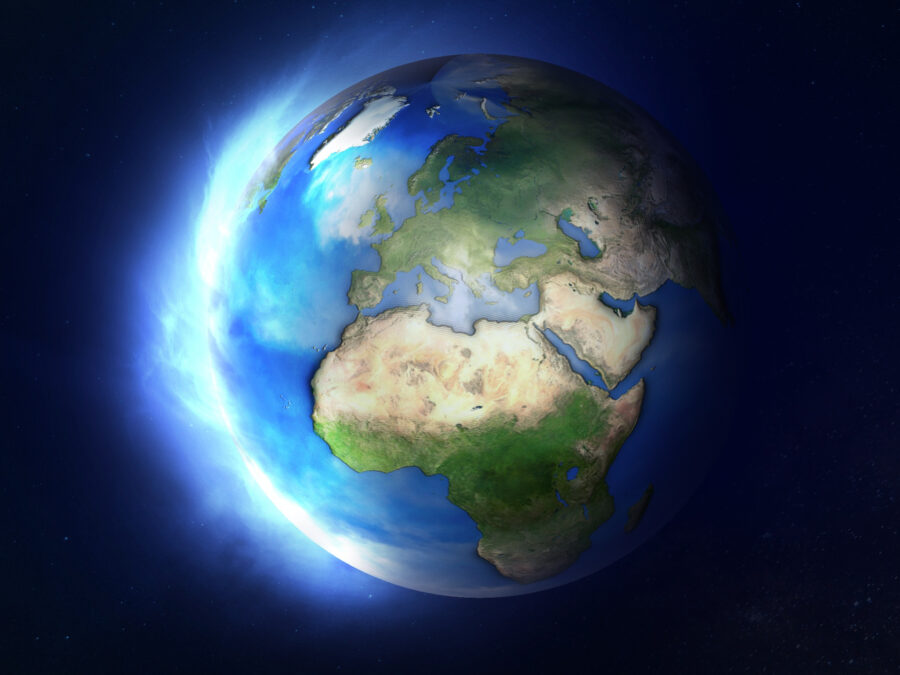Puzzled Scientists Reveal That The Earth’s Core Just Stopped Spinning
A recent study from a pair of Geophysicists attempts to explain why the Earth's core has stopped rotating and what impact it will have on the surface.
This article is more than 2 years old

It sounds like the plot of 2003’s The Core, but the scientists who discovered a rotational halt at the center of the Earth won’t be calling Aaron Eckhart or Hilary Swank any time soon. A study from Peking University researchers Yi Yang and Xiaodong Song, published by the journal Nature Geoscience, reported that Earth’s core has stopped rotating, but that this is no cause for alarm. Yang and Song believe the stop is part of an ongoing pattern.
The research data suggests that the Earth’s core, specifically its solid inner core, has stopped spinning before. It is believed that the inner core goes through a cycle of slowing and speeding, and even reversal, about every 60-70 years, with the last switch occurring in the early 1970s. This oscillation is thought to be an effect of both gravitational equilibrium and fluctuations in the planet’s magnetic field.
The inner core and the mantle are somewhat gravitationally locked. As the theory goes, fluctuations within the planet cause Earth’s core to move toward gravitational equilibrium. That movement varies depending on the conditions within the Earth.
Another factor may be the Earth’s magnetic field. The magnetic field is generated at the Earth’s core and it causes the liquid outer core, and therefore the inner core, to move. As the magnetic field fluctuates over time, so does the movement of the Earth’s core.
The theory could account for a number of other phenomena outside of the Earth’s core. According to Yang and Song, what is taking place deep within the planet can affect the surface world. Further research could offer insights into changes in temperature and other climate patterns, including changing sea levels.

The research team is hard at work, extrapolating their data in order to construct a model that could predict future changes to the rotation of the Earth’s core. Nature has made puzzling responses to the world’s changing climate. New discoveries about the effects the planet’s interior has on its surface might help the world better understand and prepare for the effects of climate change.
While asteroid reports conjure images of Bruce Willis in Armageddon, the idea of the Earth’s core ceasing to rotate certainly sounds like a certain blockbuster disaster movie. Yang and Song, however, do not recommend any detonations to solve the problem at the center of the Earth. They don’t view the stoppage as a problem at all, but rather a natural part of a cycle within the planet.
The full scope of the effects of Earth’s core stopping and potentially switching directions is not yet known, but discovering the impact it may have on the planet’s climate could be a game changer for climate crusaders across the globe. The work going on at Peking University may prove to be a boon for humanity, but the team has a long way to go before conclusive results can be used to effect meaningful change. In the meantime, the interesting scientific achievements of the Peking researchers can be explored in their journal report.












